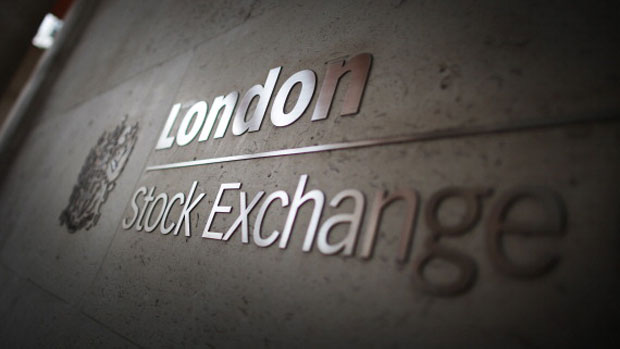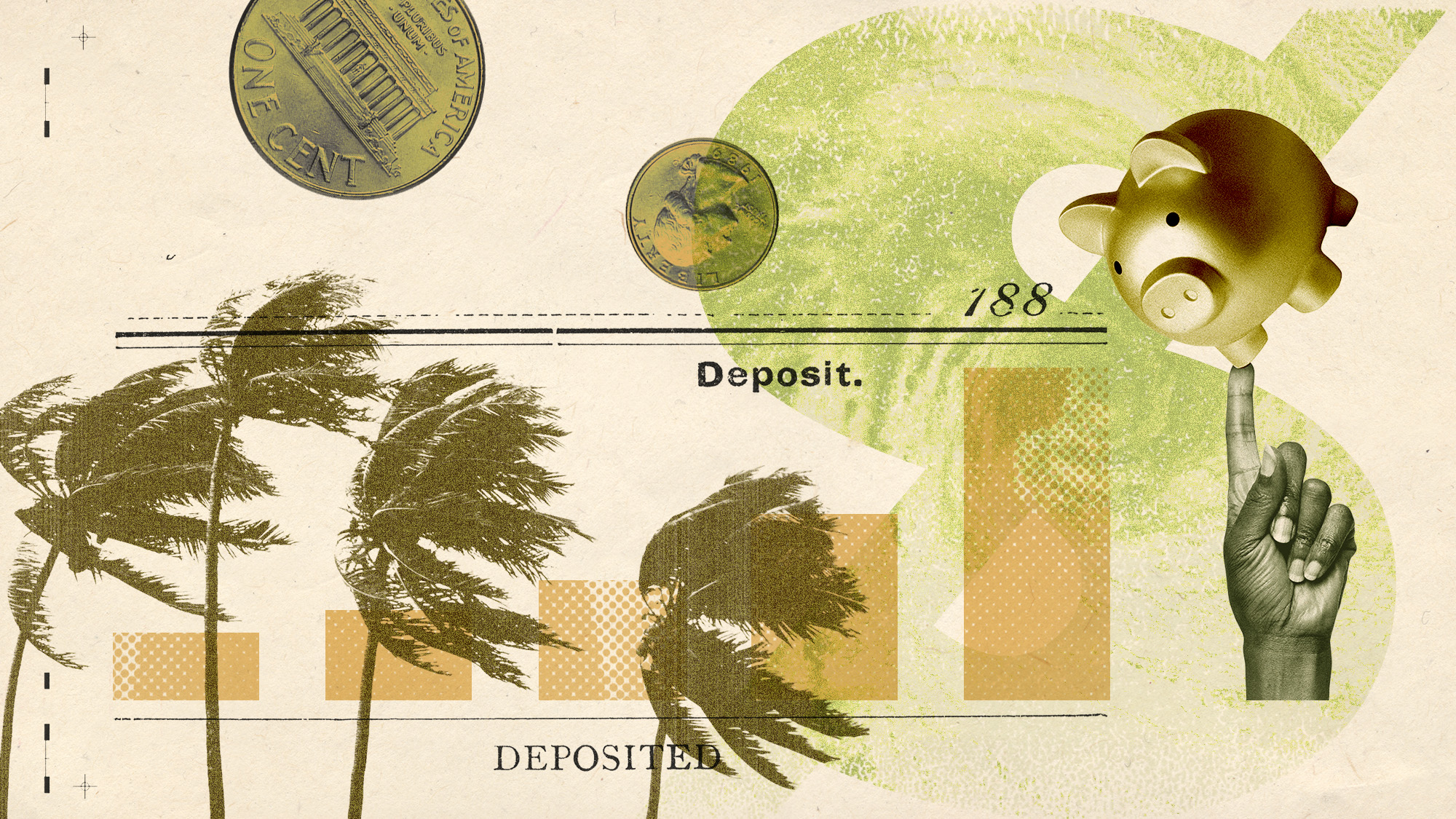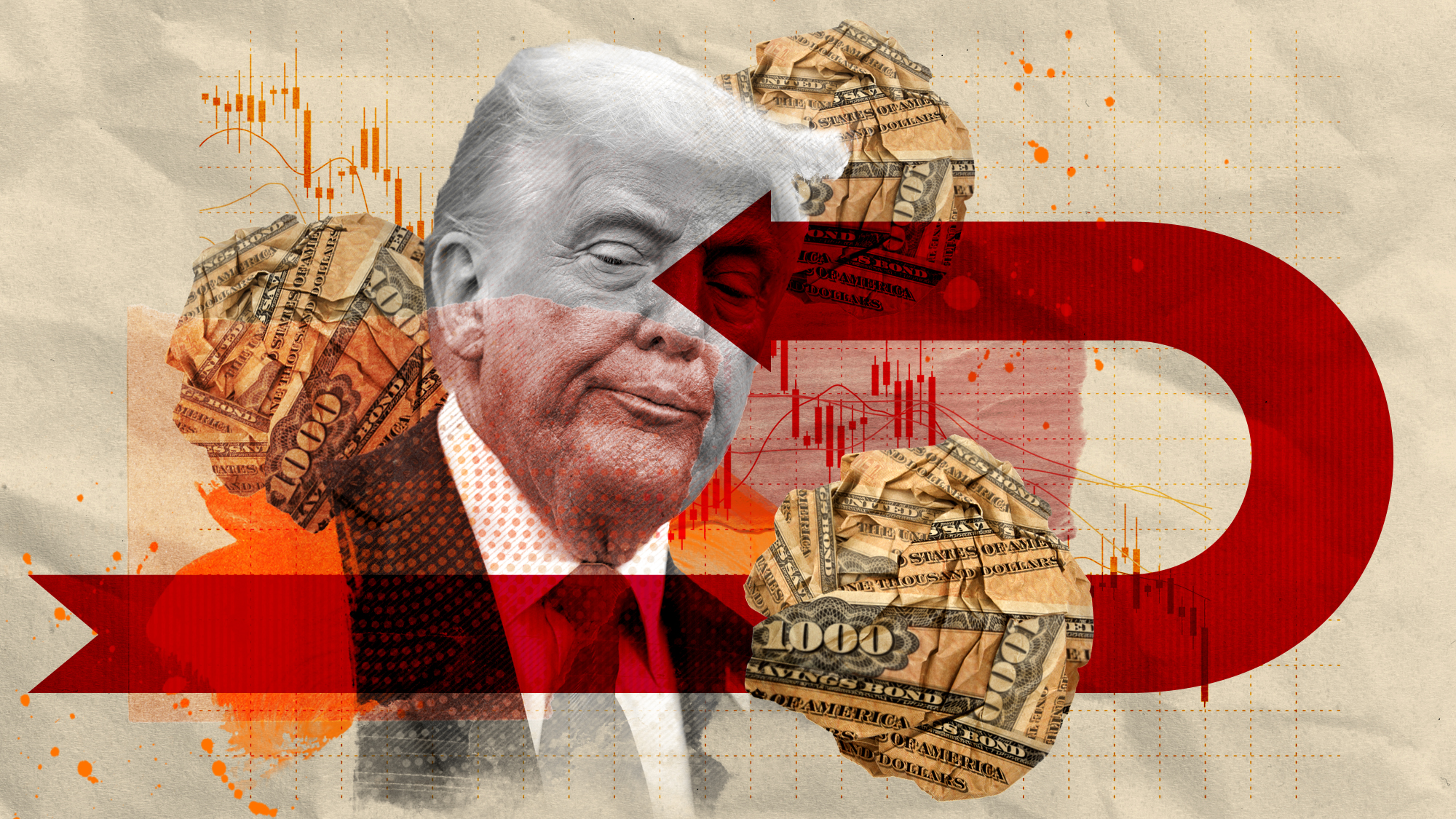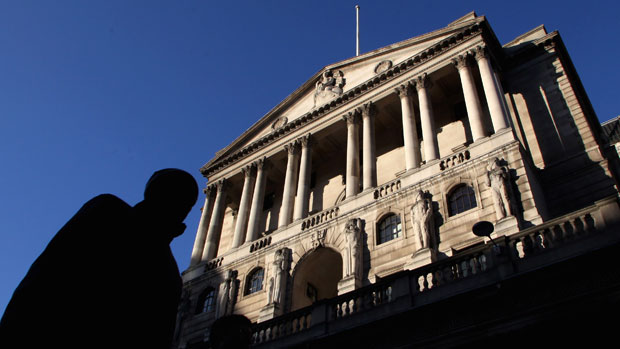Election 2015: how will the markets react after polling day?
What the outcome of the election could mean for the pound, bonds and equities when markets re-open

Britain's financial markets are braced for uncertainty, as polling opens in the most unpredictable general election in a generation.
With a hung parliament thought to be the most likely outcome, experts predict that a short period of political gridlock could actually prove beneficial to trading.
"In other words, if Britain wakes up to no strong majority for any party, there will be no big policy changes to fear," says The Guardian.
The Week
Escape your echo chamber. Get the facts behind the news, plus analysis from multiple perspectives.

Sign up for The Week's Free Newsletters
From our morning news briefing to a weekly Good News Newsletter, get the best of The Week delivered directly to your inbox.
From our morning news briefing to a weekly Good News Newsletter, get the best of The Week delivered directly to your inbox.
The pound
A Tory-led government would put the pound under immediate pressure, and as a referendum would not be scheduled immediately, it could lead to a drawn-out period of weakness, experts predict. Meanwhile, the prospect of a slower deficit reduction under Labour could undermine confidence in the economy, and subsequently in sterling. The impact on the pound will depend on how long the political wrangling continues. The longer the negotiations stretch out, the more the pound is expected to weaken.
Government bonds
With little variation in fiscal policy between the larger parties, gilts aren't likely to be "overly spooked" by even a Labour government reliant on the Scottish Nationalists, says the Financial Times. Instead, factors such as the ongoing shift in global bond market sentiment and the actions of the Bank of England are likely to have more impact.
Equities
With Ed Miliband promising to freeze energy prices and rail fares, as well as reforming the banking industry and raising taxes on expensive property, shares in those sectors are expected to come under pressure in the event of a Labour-led coalition. But City-based companies on the FTSE 100 will also be worried about the possibility of a "Brexit" in the event of a Tory-led government.
Despite the mounting uncertainty, financial markets have so far remained largely unaffected by the election, says the Daily Telegraph. Unlike the panic that gripped trading floors ahead of last year's Scottish referendum, a combination of monetary stimulus from Europe and encouraging signs of economic growth appear to have "tranquilised" British markets this time round. However, all of that could quickly change after polling closes at 10pm tonight and results begin to come through.
For more information on investments, please click here
A free daily email with the biggest news stories of the day – and the best features from TheWeek.com
-
 6 of the world’s most accessible destinations
6 of the world’s most accessible destinationsThe Week Recommends Experience all of Berlin, Singapore and Sydney
-
 How the FCC’s ‘equal time’ rule works
How the FCC’s ‘equal time’ rule worksIn the Spotlight The law is at the heart of the Colbert-CBS conflict
-
 What is the endgame in the DHS shutdown?
What is the endgame in the DHS shutdown?Today’s Big Question Democrats want to rein in ICE’s immigration crackdown
-
 Why the catastrophe bond market is growing
Why the catastrophe bond market is growingThe Explainer The bonds pay for climate change disaster damages
-
 How the US bond market works – and why it matters
How the US bond market works – and why it mattersThe Explainer Donald Trump was forced to U-turn on tariffs after being 'spooked' by rise in Treasury yields
-
 US Treasuries were a safe haven for investors. What changed?
US Treasuries were a safe haven for investors. What changed?Today's Big Question Doubts about America's fiscal competence after 'Liberation Day'
-
 Will Rachel Reeves have to raise taxes again?
Will Rachel Reeves have to raise taxes again?Today's Big Question Rising gilt yields and higher debt interest sound warning that Chancellor may miss her Budget borrowing targets
-
 What happens if the UK’s credit rating is downgraded?
What happens if the UK’s credit rating is downgraded?feature Credit agency Moody’s joins IMF in criticising the Truss government’s fiscal plans
-
 Britain sells first ever bonds with minus rates - but what does that mean?
Britain sells first ever bonds with minus rates - but what does that mean?Speed Read Historic sale comes as Bank of England mulls interest rates cut into negative territory